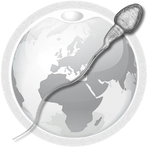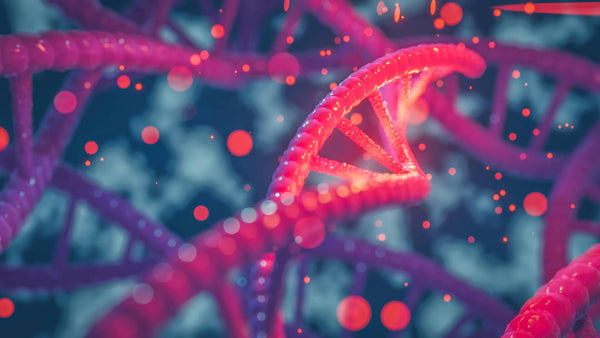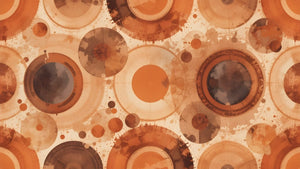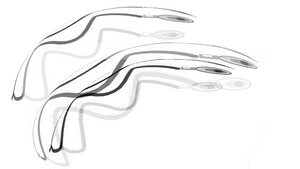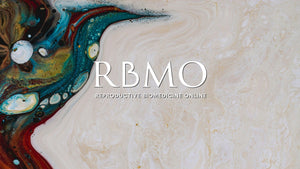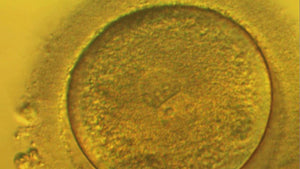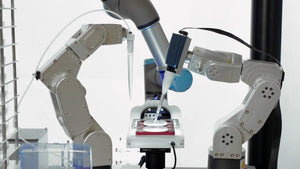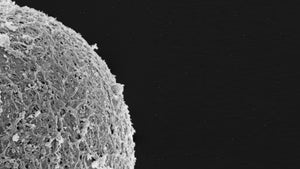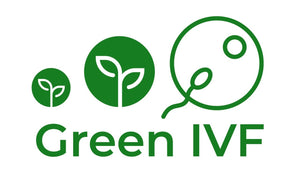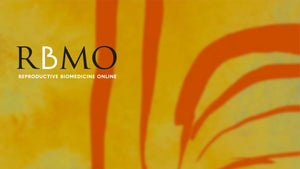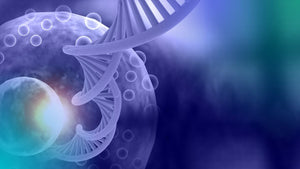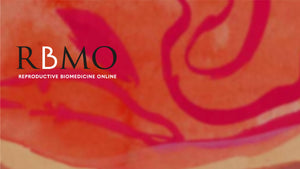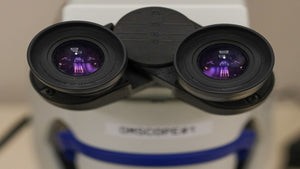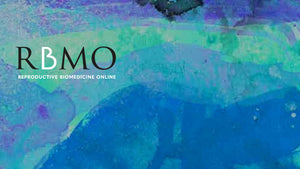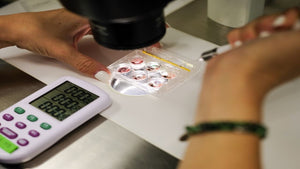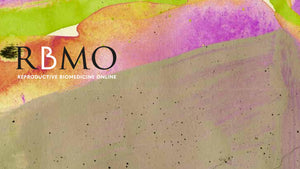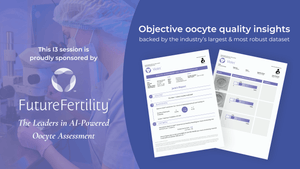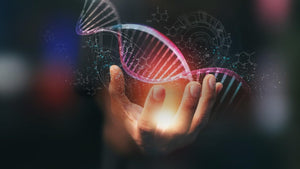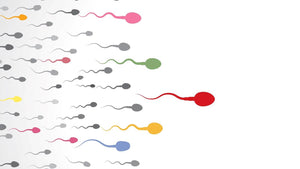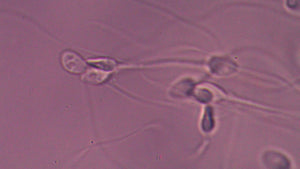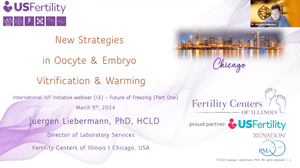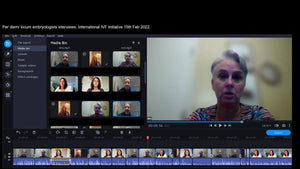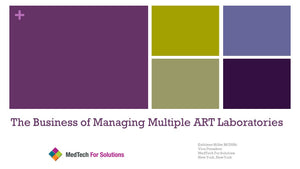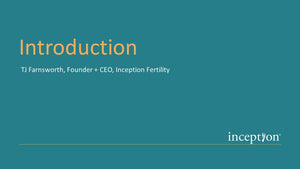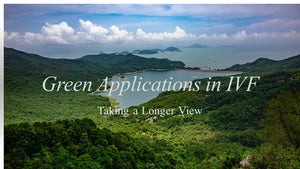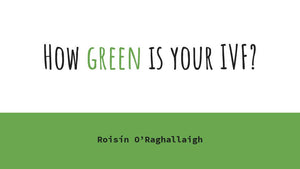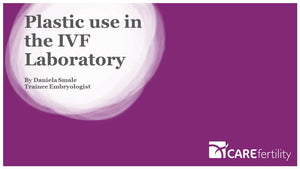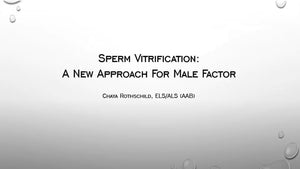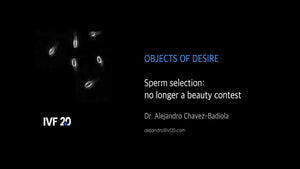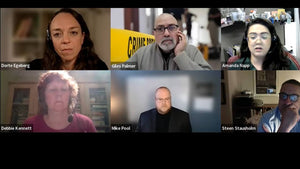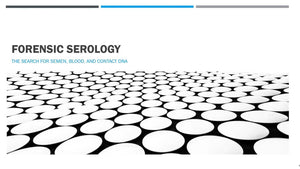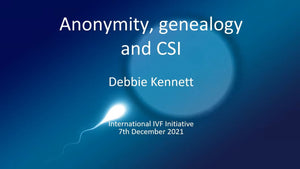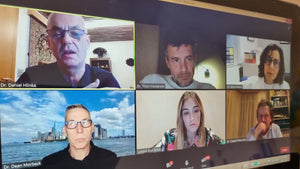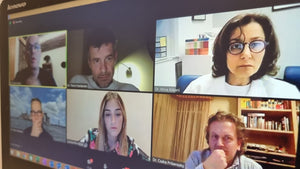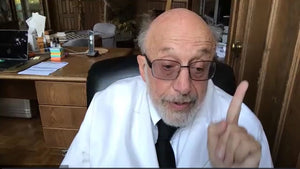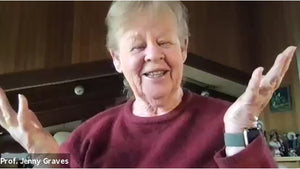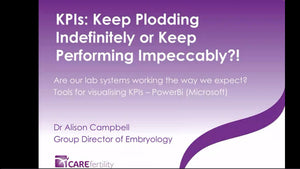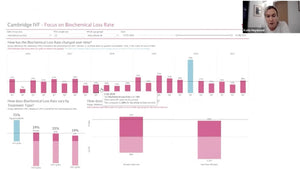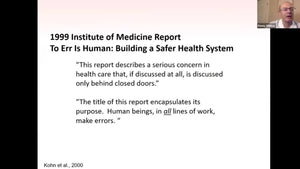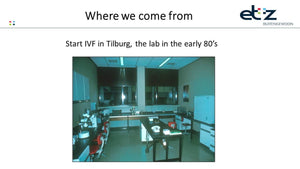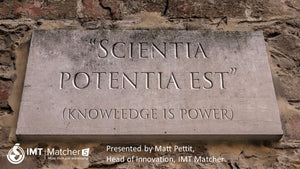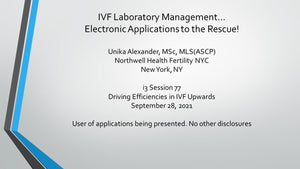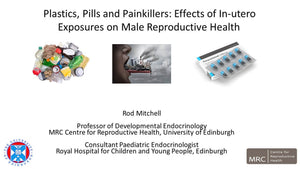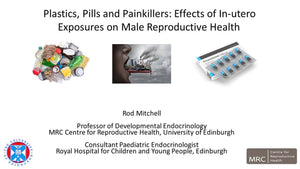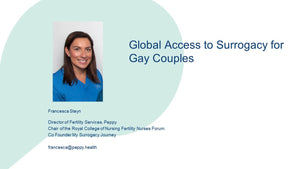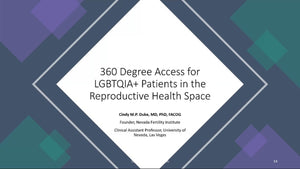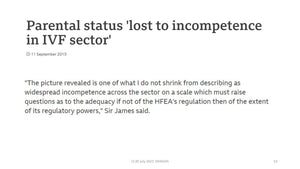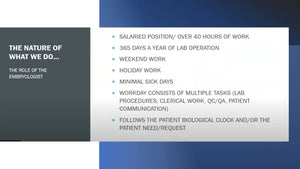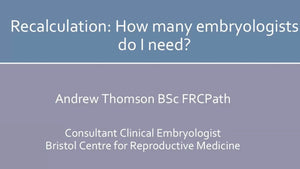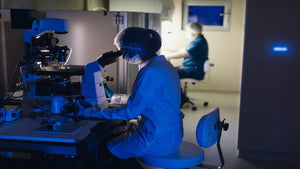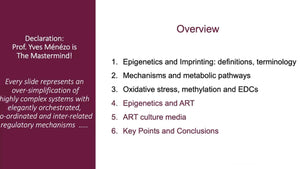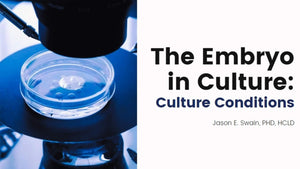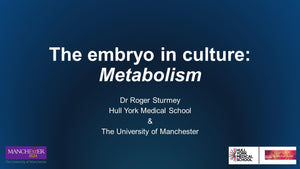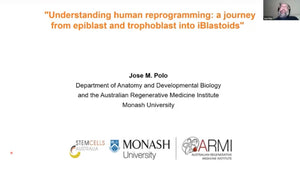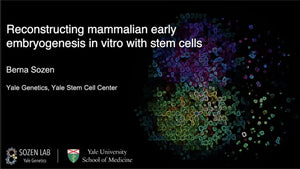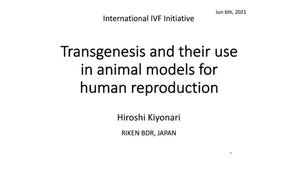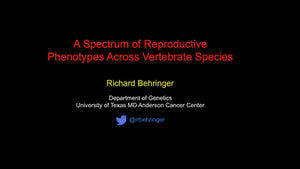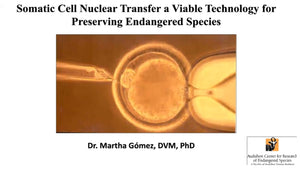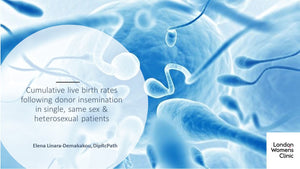Session 21: PGT-A in the Lab - Improving Outcomes and Techniques

Donate
At the International IVF Initiative, we are committed to providing free access to our educational sessions, webinars, and resources for professionals and individuals passionate about advancing reproductive medicine. We believe that cost should never be a barrier to knowledge and collaboration. By contributing, you’re ensuring that valuable educational resources, expert insights, and collaborative opportunities remain open to all without financial barriers. Together, we can continue to foster a global community dedicated to innovation and excellence in the field of IVF.
Your Donation
Thank you!
Session 21: PGT-A in the Lab - Improving Outcomes and Techniques
Hosts: Dr. Gary Harton & Shaista Sadruddin
Next Generation PGT-A with NGS
Dr. Gary Harton
PGT-A for embryo selection and Concordance after Re-biopsy
Dr. Peter Nagy
How IVF Lab conditions affect PGT-A results: Biopsy and Tubing
Dr. Dawn Kelk
How IVF Lab conditions affect PGT-A results: Embryo Culture Conditions
Dr. David McCulloh
Organized by the International IVF Initiative
Dr. Gary Harton

Dr. Harton received his Bachelor of Science degree from James Madison University and his Ph.D. at the University of Kent, Canterbury, UK. His thesis title was Facilitating the widespread use of preimplantation genetic diagnosis and screening through best practice and novel technology development.
After 20+ years serving in various roles, including both clinical laboratory and management positions, he began his commercial career performing Business Development and Market Development roles with two prominent genetics companies, a fertility start up and a large reference genetics laboratory. Gary has been involved in a number of exciting breakthroughs in the field of reproductive genetics including performing the first clinical preimplantation genetic diagnosis (PGD) for an autosomal dominant disease (Marfan syndrome) and performing the first clinical PGD for spinal muscular atrophy (SMA). In addition, Dr. Harton was involved in the team that pioneered non-disclosing Huntington disease PGD where a patient at risk for HD could ensure that their children were free from the mutation without discovering their own HD status. He was also involved in the team that discovered and patented Karyomapping, a revolutionary new technology allowing practically any genetic defect to be diagnosed in embryos using one single array-based test.
Dr. Harton is certified by the American Board of Bioanalysis (ABB) as a Technical Supervisor, in Molecular Diagnostics and is a member of the American Society for Reproductive Medicine (ASRM) as well as the European Society of Human Reproduction and Embryology (ESHRE), and Preimplantation Genetic Diagnosis International Society. Dr. Harton is currently a member of the board of directors for PGD-IS, and a member of the Special Advisory Group for UK-NEQAS which performs external quality assessment schemes for preimplantation genetics. He has also served as Chair of the Steering Committee for the ESHRE PGD and has been an author on numerous peer reviewed scientific articles, abstracts and book chapters as well. Dr. Harton holds teaching positions at the Eastern VA Medical School (Norfolk, VA), the University of Kent (Canterbury, UK) and Bryant University (Smithfield, RI).
Dr Zsolt Peter Nagy, M.D., Ph.D., HCLD

Dr. Nagy is the Scientific and Laboratory Director at Reproductive Biology Associates (RBA), in Atlanta, USA (since 2002). He obtained his MD (1986) and his Ob&Gyn specialty degrees (1996) at the Semmelweis Medical University in Budapest. He obtained his PhD at the Free University of Brussels (VUB) in 1997 on development of ICSI procedure. Dr. Nagy has acquired a distinctive knowledge and experience on embryo science, including novel viability assessment methods. He has also investigated the basic and clinical aspects of cryopreservation and, developed with his team a highly efficient, proprietary protocol in 2006 for oocyte vitrification that has contributed to the development of “My Egg Bank”, the first vitrification based and of the largest donor oocyte cryo-bank in North- America.
Dr. Nagy is member of several national and international professional societies, including ASRM, ESHRE, Alpha. He is also board member of the International Society for Fertility Preservation (ISFP) and of the Alliance for Fertility Preservation (AFP) and past Chair of Alpha Scientist in Reproductive Medicine (ALPHA). Dr. Nagy is a reviewer of several medical journals, and currently he is section editor of RBMonline, past Section Editor of Human Reproduction. He has been an invited speaker in several hundreds of meeting/congresses in over 50 countries across the world. Dr. Nagy is author or co-author of over 200 publications, including several dozens of book chapters and five books.
Dawn A. Kelk, PhD, HCLD

Dr. Dawn Kelk, received her PhD in 1997 and HCLD certification in 2000. She has directed IVF laboratories in both Canada & the United States for both private & academic institutions. She has been Director of the IVF Laboratory at Yale Fertility Center and Associate Research Scientist at the Yale University School of Medicine since 2014. Prior to that time, she was IVF Laboratory Director at RMA of CT & the University of Colorado. Dr. Kelk’s clinical & research interests are diverse, ranging from trophectoderm biopsy, PGT, vitrification of embryos and oocytes to analysis of liquid nitrogen cryo storage tank failure, laser impact on embryo biopsy and predictors of endometrial receptivity. Dr. Kelk is an active member of ASRM & SRBT
David H. McCulloh, Ph.D., H.C.L.D., C.C.

Dr. McCulloh is the Assistant Laboratory Director at the New York University Langone Fertility Center and is Lab Director at Biogenetics Corporation and the Sperm and Embryo Bank of New York. He has directed ART Laboratories for nearly three decades (University Reproductive Associates [and its predecessor, the Center for Reproductive Medicine at Hackensack University Medical Center] in Hasbrouck Heights, NJ; Offices for Fertility and Reproductive Medicine, in Greenwich Village, NY; and the Fertility Institute at the Brooklyn Hospital Center, in Brooklyn, NY). He is the Director of Clinical Science at ReproART: Georgian-American Center for Reproductive Medicine in Tbilisi, Georgia.
Prior to his clinical endeavors, he investigated sperm-egg interactions using cellular electrophysiological methods in sea urchin eggs at the University of Miami School of Medicine and in rabbit oocytes (in vitro) at the University of Maryland and the USDA’s Beltsville Agricultural Research Center.
He has held faculty positions at NYU Goldman School of Medicine, New Jersey Medical School, the Oregon Health Sciences University, and the University of Miami School of Medicine. He briefly held a Scientist Position at the Oregon Regional Primate Research Center.
